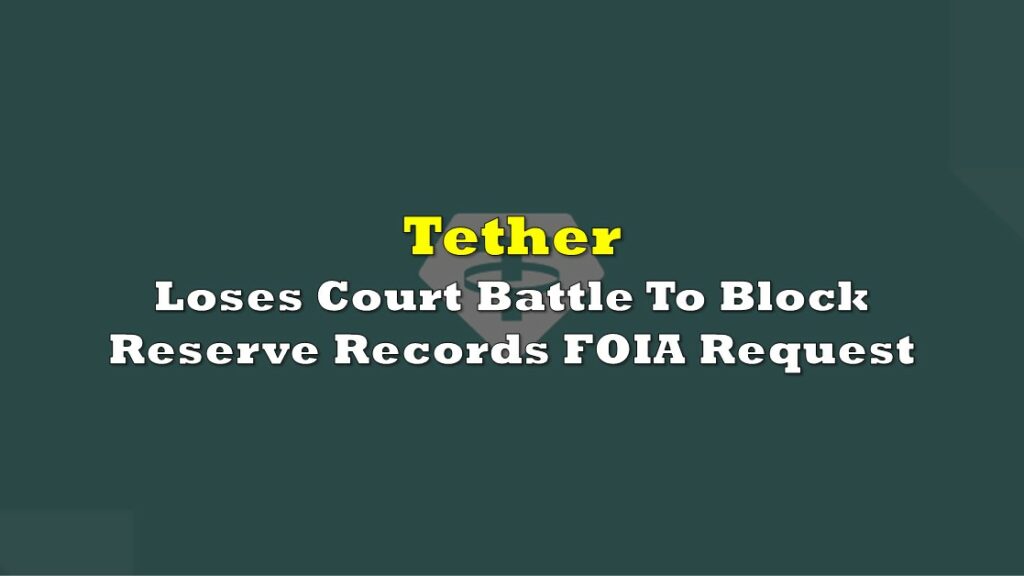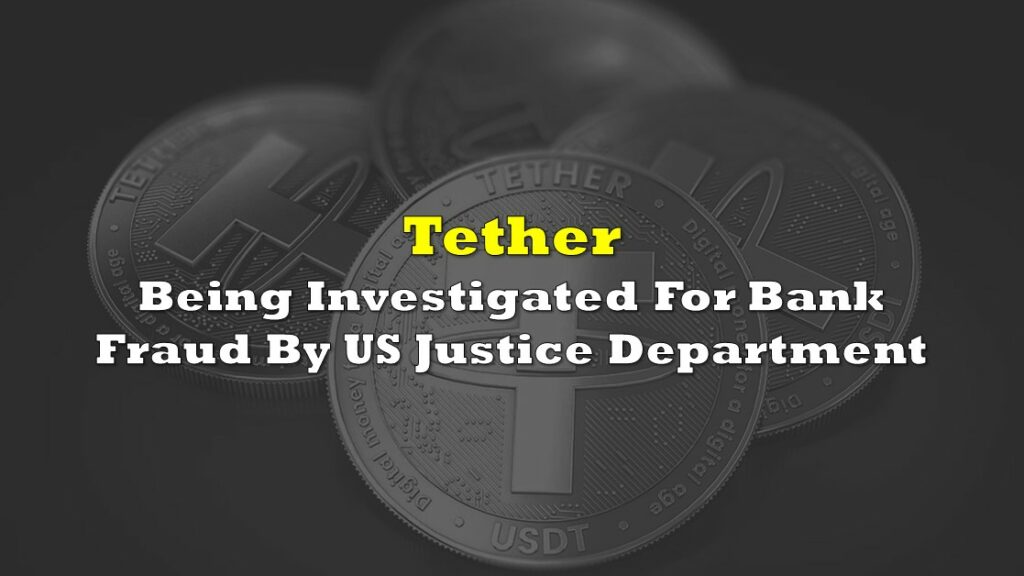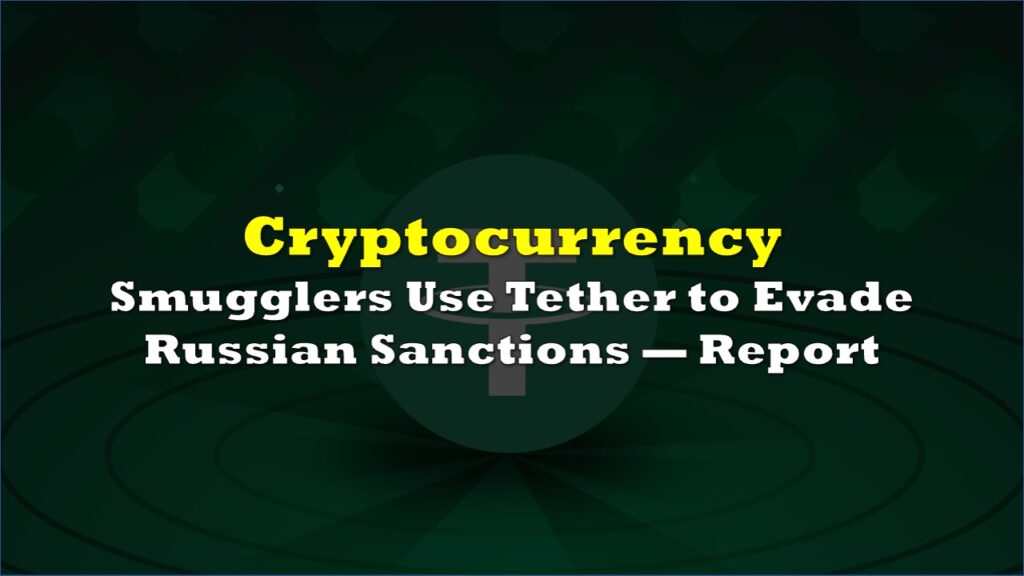The United Nations has shed light on Tether, one of the largest cryptocurrency platforms globally, as a central player in facilitating money laundering and fraudulent activities across south-east Asia. The UN’s office on drugs and crime issued a report on Monday, highlighting the alarming rise of Tether’s crypto token in an expanding industry of scams, including deceptive romantic schemes known as “pig butchering.”
According to the report, law enforcement and financial intelligence authorities have observed a surge in the use of sophisticated, high-speed money laundering teams specializing in underground tether operations. The report also outlines the longstanding practice of south-east Asia’s organized crime groups utilizing black market casinos for laundering illicit funds, a trend that has accelerated with the integration of Tether.
The #UnitedNations #UN is just discovering what @Bitfinexed, @protos and other crypto skeptic voices have known for years.#Tether $USDT powers multiple vast criminal networks around the world. https://t.co/CpqL0n5NXV
— Parrot Capital 🦜 (@ParrotCapital) January 15, 2024
Jeremy Douglas from the UN’s office on Drugs and Crime remarked, “Organized crime has effectively created a parallel banking system using new technologies, and the proliferation of loosely or entirely unregulated online casinos together with crypto has supercharged the region’s criminal ecosystem.”
Tether’s digital token, a stablecoin pegged to the US dollar with approximately $95 billion in circulation, allows for quick and irreversible transactions on the blockchain. Criminal prosecutor and cyber crime expert Erin West explained, “Tether is the mechanism of choice… it’s fast and transactions cannot be retracted. Once money is moved, it’s moved. You can’t pull it back.”
The UN report notes recent successes in dismantling several money laundering networks associated with Tether, including a Singaporean operation that recovered $737 million in cash and crypto last August. In November, Tether collaborated with US authorities and crypto exchange OKX to freeze $225 million worth of tokens linked to a “pig butchering” and human trafficking syndicate in south-east Asia.
Despite increased enforcement efforts targeting digital assets, criminal groups persist in using Tether’s token for fund movements. Some casinos have even specialized in handling Tether, exemplified by a money laundering syndicate in Shan State, Myanmar, advertising Tether exchange services openly.
The news comes days after Brock Pierce, co-founder of Tether, is reported to be suing his former business partner Joseph Lipsey III over control of the W resort in Puerto Rico. The lawsuit alleges that Lipsey III seized the hotel after Pierce missed a transaction completion deadline, a claim vehemently denied by Pierce.
Tether, which has faced regulatory scrutiny over asset management and financial institution ties, paid a $41 million fine in 2021 after the Commodity Futures Trading Commission accused it of making misleading statements. In a bid to combat illicit use, Tether announced bringing US authorities onto its platform in November last year, resulting in a 27% surge in blacklisted Tether wallets, according to CCData.
Despite these efforts, the cryptocurrency industry faces challenges as cryptocurrency regulations lag behind the evolving landscape of criminal activities, as noted by Douglas: “Cryptocurrency regulations are way behind [the illicit activity] or practically non-existent, and organized crime groups who use and feed off vulnerabilities and weaknesses know this.” Tether, however, remained silent in response to requests for comments on the UN report.
Information for this story was found via Financial Times and the sources mentioned. The author has no securities or affiliations related to the organizations discussed. Not a recommendation to buy or sell. Always do additional research and consult a professional before purchasing a security. The author holds no licenses.









